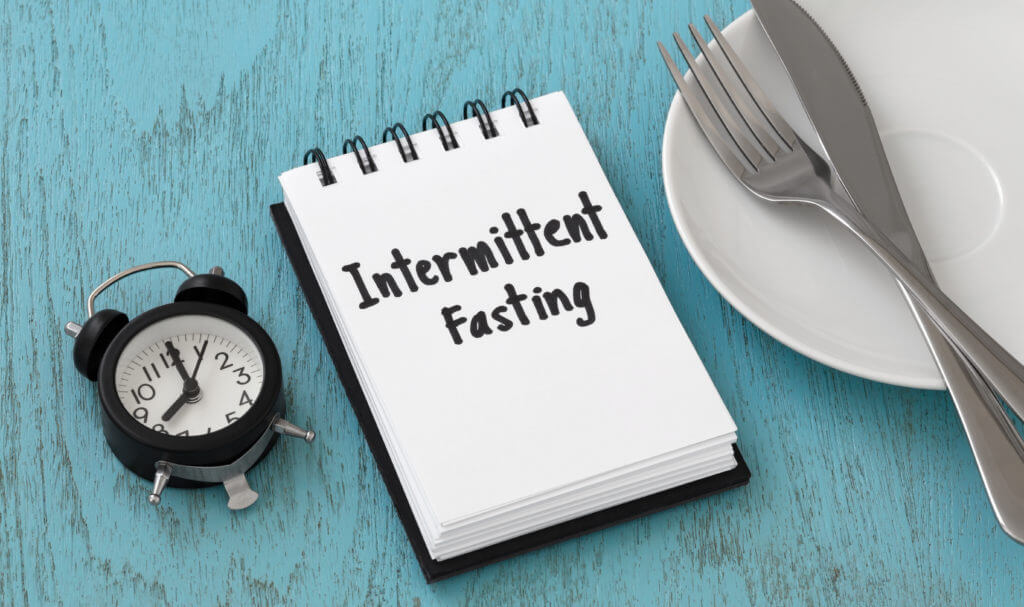ADELAIDE, Australia — A fasting diet that emphasizes eating early in the day could be the answer to reducing diabetes risk.
“Following a time restricted, intermittent fasting diet could help lower the chances of developing Type 2 diabetes,” says the University of Adelaide’s Professor Leonie Heilbronn, also from Adelaide Medical School and the study’s senior author, in a media release.
Diabetes is an incredibly prevalent condition around the world, affecting close to half a billion people. Specifically, Type 2 diabetes is often attributable to lifestyle factors such as poor diet and lack of exercise. It happens when cells in the body don’t properly respond to insulin, making it difficult to maintain proper blood sugar balance in the body. According to the U.S. Centers for Disease Control and Prevention, over 37 million Americans have diabetes and nine in 10 have Type 2 diabetes.
Researchers from the University of Adelaide and South Australian Health and Medical Research Institute (SAHMRI) recruited over 200 people to partake in an 18-month study. The team compared a time-restricted, intermittent fasting diet and a reduced calorie diet in order to see which one was more beneficial for people at a higher risk of developing the condition.
“People who fasted for three days during the week, only eating between 8am and 12pm on those days, showed a greater tolerance to glucose after 6 months than those on a daily, low-calorie diet,” Prof. Heilbronn explains. “Participants who followed the intermittent fasting diet were more sensitive to insulin and also experienced a greater reduction in blood lipids than those on the low-calorie diet.”

Both diets lost similar amounts of weight
“This is the largest study in the world to date and the first powered to assess how the body processes and uses glucose after eating a meal, which is a better indicator of diabetes risk than a fasting test,” says first author Xiao Tong Teong, a PhD student at the University of Adelaide.
“The results of this study add to the growing body of evidence to indicate that meal timing and fasting advice extends the health benefits of a restricted calorie diet, independently from weight loss, and this may be influential in clinical practice,” the researcher adds.
While promising, more research is necessary to validate the findings further. Also, while intermittent fasting often serves as a short-term therapeutic intervention, it’s not typically a long-term diet due to concerns over sustainability. In the future, studying if a longer eating window would make the diet more sustainable is the next step.
The findings are published in the journal Nature Medicine.


Nothing new. We have known this for years. Dr. Jason Fung advanced this theory at least 10 years ago and has had great success with his diabetic patients.